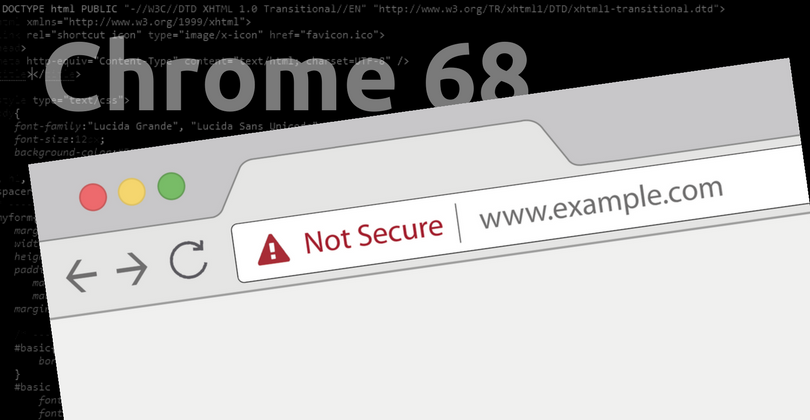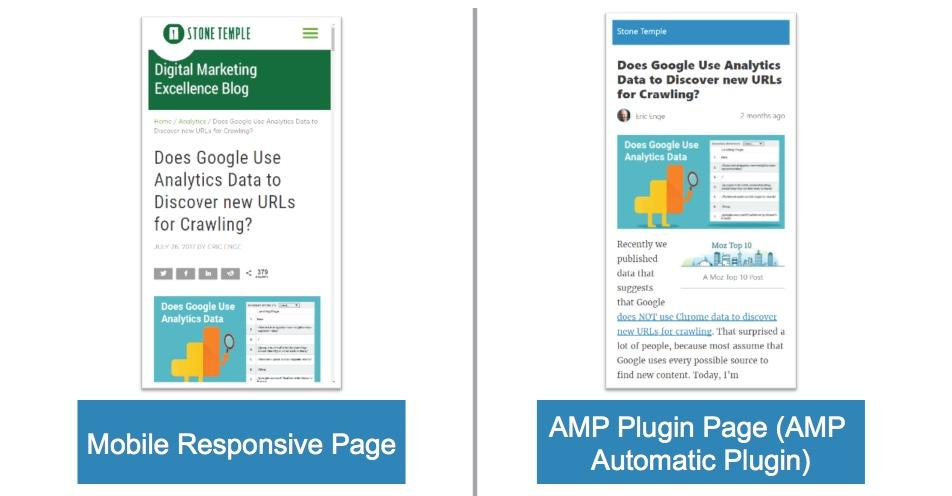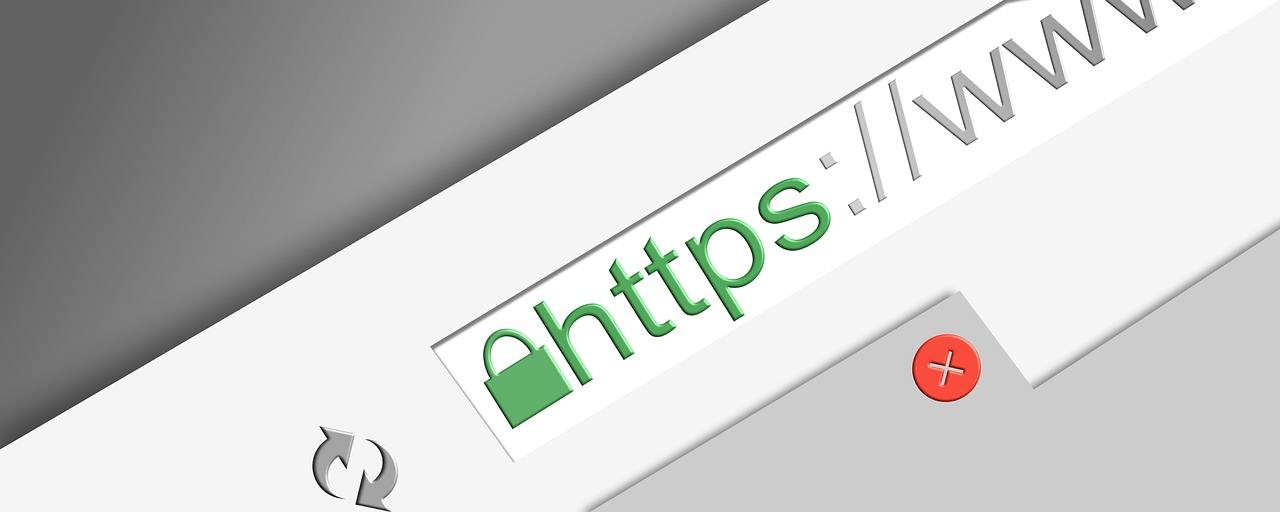There has been a trend to communicate your messages online. It is because the audience is preferring to use the online medium to transact with the brands of their choice. So, businesses are spending to revamp their website and using dedicated workflows to embark on the buyer’s journey with the visitor with the expectation of culminating in a sale.
However, this has also brought forth another risk – the risk of a data breach. And studies show that the cost of a data breach could reach US$ 150 million by the year 2020. It is the reason why you will need to have a robust security policy that must be imbibed across the organization.
-
What is an SSL certificate?
As the website is your way of communicating with your audience and store their information, you must have strong policies to prevent any cyberattack. One of the ways to protect your site is to install an SSL certificate that will help by encrypting the communication between the web server and the browser of the visitor.
When installing the SSL certificate, you must deploy professionals and ensure there is a smooth transition to the HTTPS platform. Else, there could be issues of mixed content that would result in the search engine returning an error that some of the pages may still be insecure.
It becomes impossible for a cybercriminal to sneak into your website as the communication is undertaken using a public and a private key. Some businesses are present in different industries, for which they may have several sub-domains. In this scenario, you must install a wildcard SSL certificate that will provide security to the main domain and all underlying sub-domains. Let us now learn more why HTTPS helps us over the insecure HTTP protocol.
-
Increased security
The risk of your site being hacked is one of the reasons you must move to the HTTPS protocol. The SSL certificate provides a sense of trust in the minds of the visitors. The evidence of a site being secure is indicated by the presence of the padlock in the address bar. The visitors can now exchange information with the website without the fear of it falling into the hands of malicious elements.
Businesses must install the certificate to prevent any man-in-the-middle attack. A secure environment will prevent such cyberattacks and ensure a safer internet for users. Moreover, various countries have specific legislations catering to data protection like the GDPR. It also becomes critical viewing the increased sense of data protection across the globe.
-
The visitors are confident
Earning the confidence of the visitors is needed to embark with them on the buyer’s journey. Your visitors must have a reasonable opinion about your site right away and stay on your website to look for the information. They may leave your site if they see a “Not Secure” sign on the address bar. Web browsers like Google Chrome had come up with an update through Chrome 68 that would mark the non-HTTPS sites as insecure.
And, what if the visitor is willing to make an online purchase? It would not be prudent to complete a transaction through an insecure website. And where would these visitors go? Yes, they would prefer to visit the site of your competitors and, maybe, do business with them.

-
The need to adopt AMP
More people are using their smartphones to search for information about brands to be even more sure about the products they buy. It has led to businesses devising steps to cater to mobile visitors. Moreover, search engines are also preferring mobile-friendly websites. Various studies have shown that it is essential for websites to load fast on mobile phones. According to Kissmetrics, around 40% of people will move away from a site if it takes more than three seconds to load.

Accelerated Mobile Pages (AMP) is optimized for browsing on the mobile and helps the webpages to load faster. The pages are rendered using optimized HTML code. However, there is a catch. The AMP pages are known to have preferential treatment in Google SERPs on mobile phones. The AMP-enabled website must be on HTTPS, which means you must install an SSL certificate.
-
Helps in SEO
Businesses must ensure that their website is searchable and rank high during a keyword search. But the search engines prefer a safe internet. Search engines like Google have several factors considered when they rank websites for any keyword search. Way back in 2014, Google mentioned that they would prefer HTTPS websites during a keyword search. It is among the steps taken to prioritize secure sites in search results.
There has been a gradual reduction in the number of HTTP sites during search results. According to Backlinko, approximately 70.4% of voice search results were for HTTPS sites. You must note here that if all other factors are the same, the HTTPS site will be ranked higher.
-
Protection against phishing
The number of phishing attacks has increased over the years, and according to the APWG’s Phishing Activity Trends Report for Q2 2020, the first half of the year reported 146,994 phishing attacks. The cybercriminals lead you to a malicious website that may look like the original one.
This site is used to take your user credentials for various nefarious activities. And this is where the SSL certificate can help you. A renowned Certificate Authority authenticates your business before you receive the SSL certificate. There is a step whereby you and your business are validated based on the type of certificate you have chosen. As a result, it will not be possible for any third-party to use the same name as your website for malicious activities.
Conclusion
There are several reasons to migrate to an HTTPS site, and security ranks prime among them. An unsecured one is bound to drive away visitors and lead to tanking of critical SEO ranking. It becomes necessary to procure a Wildcard SSL Certificate to secure the primary site and the underlying sub-domains. We have explained why it is essential to switch to the HTTPS protocol. It can be beneficial for your business in the long run.



